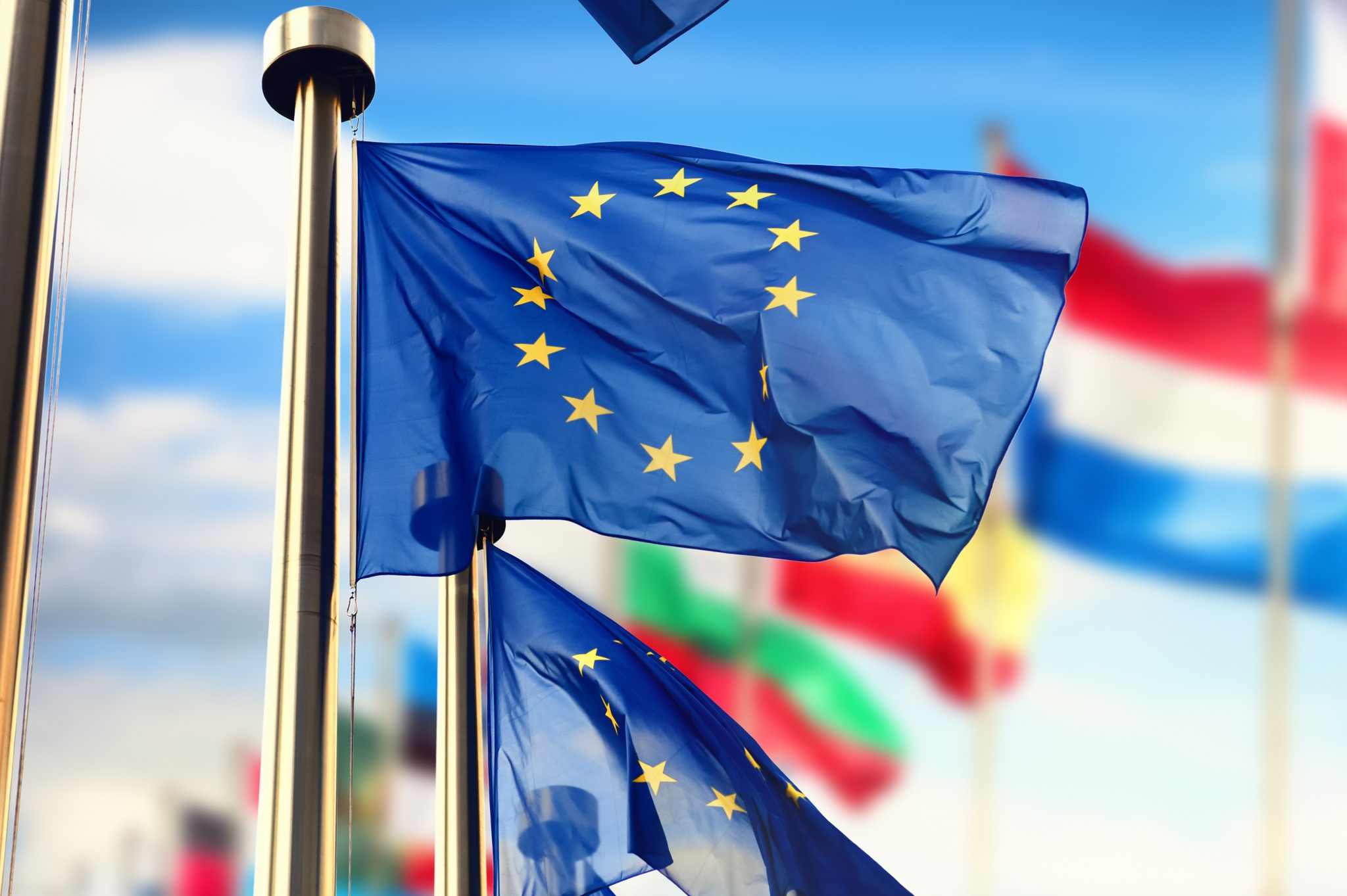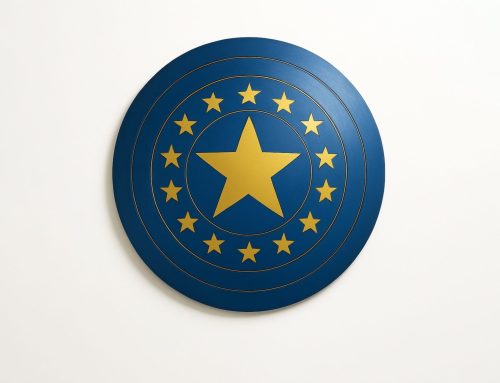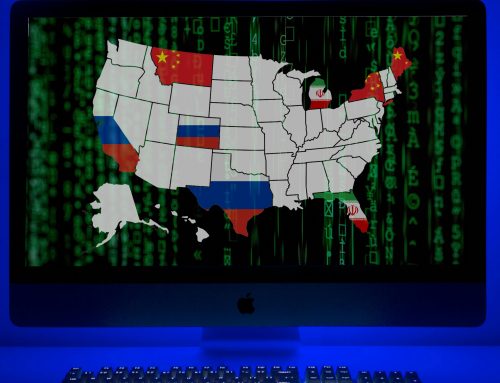Introduction
Europe has been at the forefront of confronting asymmetric attacks from foreign adversaries. Disinformation campaigns have been used against the European public since the Soviet era, and with the advent of social media platforms, they have become a regular phenomenon across the continent. Cyber-attacks have become a frequent occurrence too, particularly since 2007, when Russia conducted a campaign of cyber-attacks on Estonia.1
Even so, it was the 2016 U.S. presidential election that accelerated European measures against interference in democracies. National governments across Europe have launched holistic efforts to counter interference. In 2018, France announced the Paris Call for Trust and Security in Cyberspace, which calls for cooperation to “prevent malign interference by foreign actors.”2 Over one thousand national and local governments, civil society, and industry groups have signed on, and multi-stakeholder communities have formed to advance the principles laid out in the Paris Call.
Sweden is applying the concept of “total defense” to educate and protect its population. Sweden’s Civil Contingencies Agency sent a booklet to all households in 2018 with guidelines on how citizens should protect themselves from false information and cyber-attacks as well as many other threats.3 Finland and Latvia are applying the same “total defense” strategy in their own political systems.
Increasingly, European Union institutions are also turning their attention to interference. The newly elected European Parliament passed a resolution in October denouncing foreign electoral interference and disinformation in national and European democratic processes.4 And European Commission President Ursula von der Leyen has given her commissioners a mandate to protect democratic systems and institutions from “external interference.”5
Amid this burgeoning activity, however, one thing is missing. There is little consensus on what exactly “interference” is, and how the term “interference” is similar or different from other related concepts, such as “influence.” The lack of a common framing of “interference” across Europe can delay or complicate lawmakers’ initiatives and muddy civil society’s efforts to build awareness and rally opposition against incursions into democratic processes.
Defining interference comes with risk. Policymakers can create a definition that is either too broad,6 which could inhibit the freedom of expression or put undue burdens on political participation, or one that is too narrow to cover certain forms of malign behavior in a quickly evolving field, inhibiting democracies from protecting themselves because an attack does not “fit” within said definition. Establishing a definition that merely catalogues commonly-used tactics (for example: cyber-attacks, disinformation, economic coercion, and malign finance) would also prove inadequate because any definition of interference should be flexible enough to capture new technologies and approaches. Moreover, a list of tactics fails to explain the underlying factors driving interference activities.
To contribute to the definition-setting debate, this paper addresses why a definition could be helpful for countering interference, lays out the state of play in the EU on defining interference, provides a review of existing government and academic definitions related to interference, and discusses the concept of legality and interference. Finally, this paper suggests two core criteria to assist in the determination of whether any given activity constitutes interference: (i) intent (including the factors of timing, coordination of behavior, and scale of effects), and (ii) transparency. An act does not need to match both criteria to constitute interference, but they are certainly mutually reinforcing.
Please click the link to the right to read the rest of the report.
- For a compilation of over 360 incidents of Russian government-linked interference across European nations since 2000 see ASD’s Authoritarian Interference Tracker.
- Paris Call For Trust and Security in Cyberspace (2018) The 9 Principles
- Swedish Civil Contingencies Agency (2018) If Crisis or War Comes
- European Parliament (2019) Resolution of 10 October 2019 on foreign electoral interference and disinformation in national and European democratic processes, P9_TA(2019)0031
- Ursula Von der Leyen (2019) “A Union that strives for more: My agenda for Europe”, Political Guidelines for the Next European Commission 2019-2024






